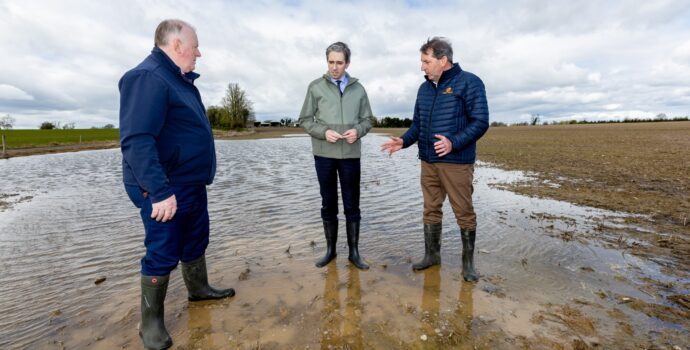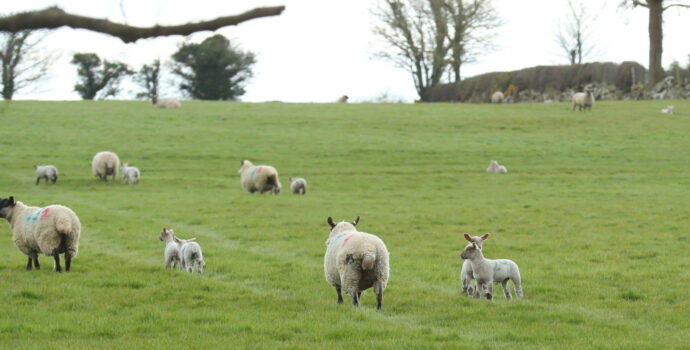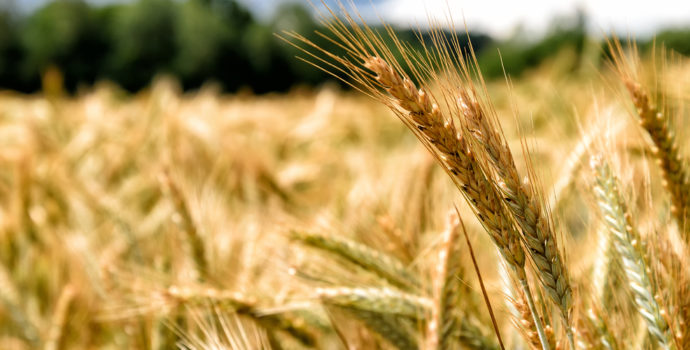IFA Says Beef Sector Cannot Be Sacrificed in Eu Trade Talks with Canada

Ahead of the G8 Summit in Fermanagh later this month, IFA President John Bryan warned against a trade deal that would inflict severe damage on the Irish and European livestock sector as a result of a substantial increase in beef imports from an EU-Canada trade deal.
John Bryan called on the Taoiseach Enda Kenny to intervene strongly at the highest level to prevent what is being flagged as a very bad deal for the Irish and European beef and livestock farmers.
“Agriculture and particularly our hugely important beef sector cannot be sacrificed in these negotiations.” John Bryan said a recent IFA study of the importance of the Cattle and Sheep sectors to the Irish economy by Professor Alan Renwick from UCD shows that the €2.3bn output at farm gate level creates total output of €5.7bn. In addition the Irish cattle and sheep sectors support 100,000 farmers and over 50,000 jobs in the wider economy.
The IFA President said, “It is clear Canada is seeking access for a substantial volume of beef imports into the EU and there is no doubt the USA will be seeking a major increase in the volumes they already have on the valuable EU market.”
John Bryan said European producers and consumers will not accept imports from production systems where the use of hormones in beef, BST growth promoters in milk and the beta-agonist drug ractopamine in cattle and pigs – all banned in Europe – is common practice. “Europe cannot agree to any imports which fail to meet EU standards on the critical issues of food safety, traceability, environmental protection and animal welfare.”
The IFA President said in view of the high sensitivity of the EU market for beef to imports, the EU must rule out any significant increase in imports in this sensitive product area.
John Bryan said any increase in beef imports into the European Union will have very damaging economic, environmental and social consequences across rural communities in Ireland and Western Europe that depend on livestock production for their livelihoods.




